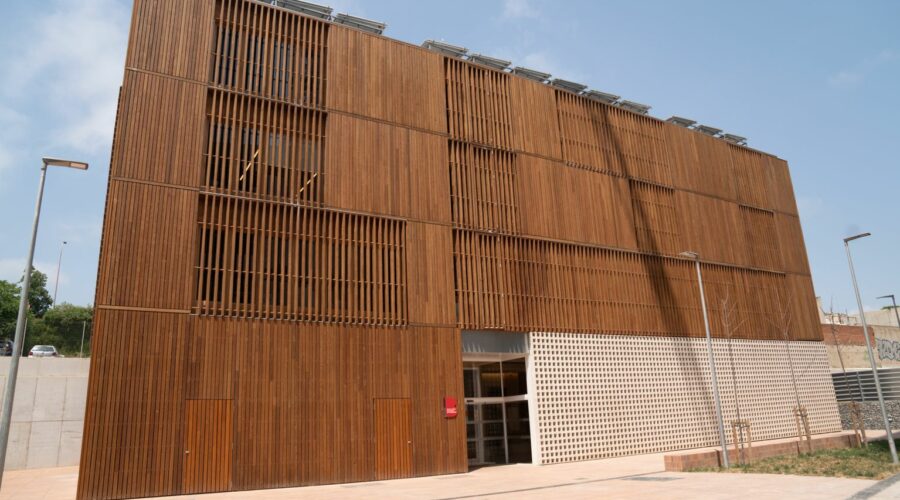
This measure, part of a series of initiatives presented in the investiture speech in Congress, aims to alleviate the financial burden on citizens and ensure more equitable access to transportation services.
Although the news has been well received, there are still details to be defined regarding the implementation of this pioneering measure. Pedro Sánchez has not provided specific information on how free public transport will be implemented.
At present, the financing of regional and local transport is shared between the State and the autonomous communities, with free transport maintained at the State level. The young population will benefit from this initiative, but the age range that will be covered by the free education has not been specified.
Extension of free subscriptions and discounts effective as of January 1, 2024
In a related measure, the free passes for Rodalies and Media Distancia, which initially expired on December 31, 2023, will be extended to be free of charge thanks to the proposal presented by Pedro Sánchez.
In addition, the T-Usual and T-Jove passes, which allow the use of the metro, buses, commuter trains and other means of transport, will maintain a 50% discount on their current fare, although their future validity has not yet been determined.
Impact on Barcelona society
Free public transport for minors, young people and the unemployed represents a significant step towards greater accessibility and equity in Barcelona. This measure will not only alleviate the financial burden of those who will directly benefit, but will also promote sustainable mobility and traffic reduction, thus contributing to a friendlier urban environment.
In his investiture speech, Pedro Sánchez also highlighted his commitment to maintain current public transport discounts throughout 2024.
In addition, he has promised to extend VAT rebates on food and basic necessities until June 2024. These measures seek to stimulate purchasing power and promote economic equality.
Gender inequality and working hours
Within his speech, the acting president has presented additional proposals to address gender inequality, including the establishment of the new law on equal representation. This law aims to break the glass ceiling that affects women in various areas of society, especially in the workplace.
Barcelona is moving towards a significant change in its public transport policy, prioritizing accessibility and equality. The successful implementation of these measures could serve as an example for other cities in search of innovative solutions to improve the quality of life of their citizens.



